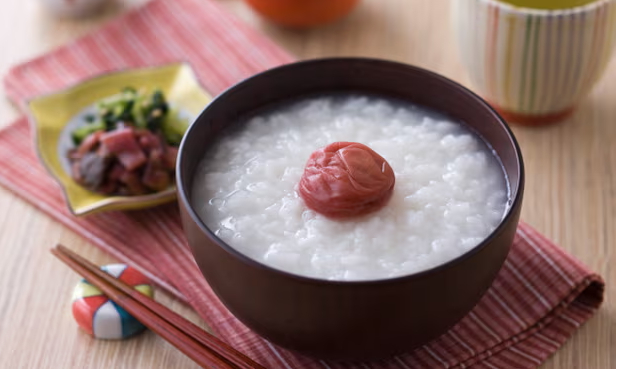November 27, 2025 | 03:48 GMT +7
November 27, 2025 | 03:48 GMT +7
Hotline: 0913.378.918
November 27, 2025 | 03:48 GMT +7
Hotline: 0913.378.918

Japanese rice inventories have fallen to the lowest levels since 1999. Photograph: MIXA/Getty Images
Japan’s rice stockpile has fallen to the lowest level this century, with a tourism boom part of the cause, government officials say.
Private-sector inventories of rice fell to 1.56m tons in June, down 20% from a year earlier and the lowest since 1999, when comparable data was first gathered, according to the Ministry of Agriculture, Forestry and Fisheries. It attributed the decrease to the high temperatures that hit crops in 2023 as well as demand from inbound visitors. Last year Japan recorded its hottest September since records began 125 years ago.
“The chief reasons behind the record-low inventory is a decline in production last year due to high temperatures combined with water shortages, and the relative cheapness of rice prices compared to prices of other crops such as wheat,” farm ministry official Hiroshi Itakura told Agence France-Presse.
“The increase in demand by foreign tourists has also contributed,” Itakura said, and added that “we are not in a situation of facing shortages of rice”.
The trading price for rice has hit a 30-year high, wholesalers are running low on stock and some supermarkets have decided to further raise prices and limit purchases, according to Japanese news reports. The situation is expected to continue until September, when rice from this year’s harvest will become available.
As diets in Japan become more westernised, demand for rice has fallen. Amid the country’s demographic crisis, lower rice prices have discouraged younger people from becoming farmers of the cereal, resulting in increasingly elderly growers and abandoned rice paddies giving way to nature and nearby wildlife, the Mainichi reports.
However, demand for rice rose to 7m tons between June 2023 and last month, up 100,000 tons from a year earlier and the first rise in 10 years. During the same period, foreign tourists more than doubled compared with a year earlier. Japan welcomed 17.78 million tourists in the first half of 2024, a million more than pre-pandemic levels, figures showed earlier this month.
Assuming foreign tourists ate two meals with rice a day, the ministry estimated their demand for rice amounted to 51,000 tons, up 2.7 times from a year earlier.
Despite the price pressure, there are no plans to tap the government’s stockpile of 910,000 tons, according to the Asahi Shimbun newspaper. The emergency stores were first created when a bad harvest from an unseasonably cool summer in 1993 caused critical rice shortages.
(The Guardian)

(VAN) A new study reveals how the simultaneous effects of ocean acidification, salinity and loss of oxygen are making the world more fragile.

(VAN) Hopes are growing that the creation of the first 3D turkey gut model could be a turning point in the battle against the virulent blackhead disease.

(VAN) Tyson, America’s biggest meat supplier, plans to shutter one of its largest beef processing plants as the industry continues to struggle with low cattle supplies and political pressure from Washington.

(VAN) New FAO study shows how digital solutions are empowering farmers and fishers to prevent losses and build resilient agrifood systems.

(VAN) Brazil's COP30 presidency pushed through a compromise climate deal on Saturday that would boost finance for poor nations coping with global warming but that omitted any mention of the fossil fuels driving it.

(VAN) Poultry farmers in the UK have been warned that they could face one of the worst winters yet for bird flu.

(VAN) Prices of main-crop paddy have risen sharply, with jasmine rice hitting 16,100 baht per tonne — the highest level in years.